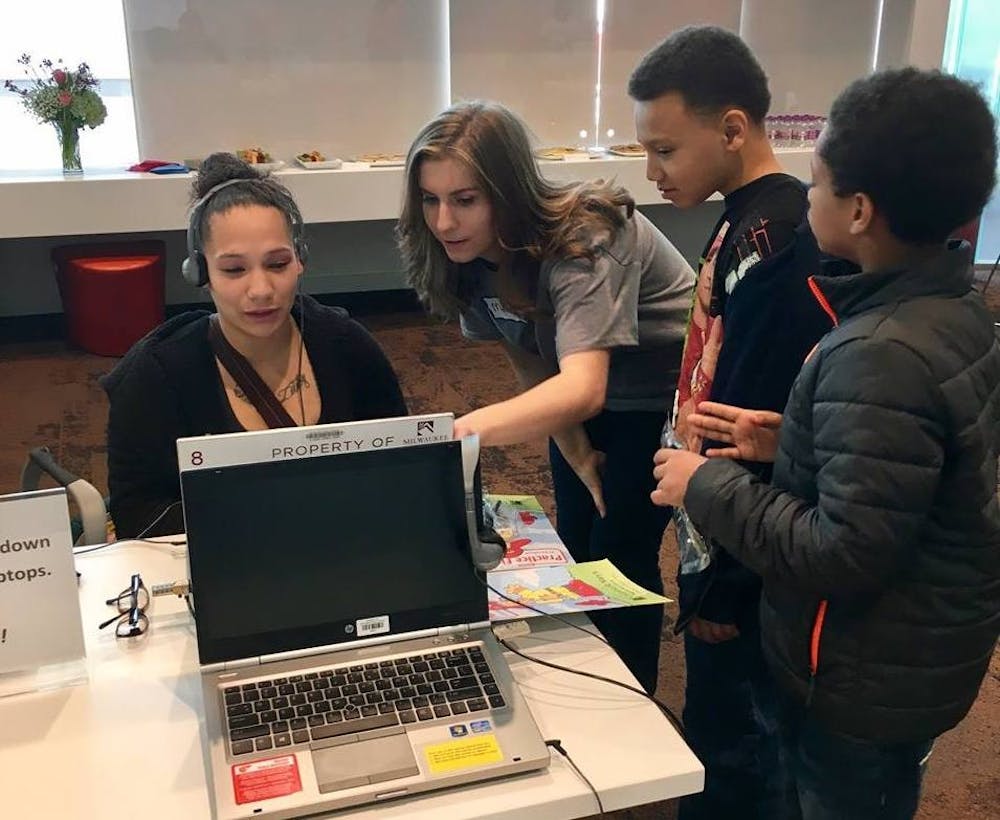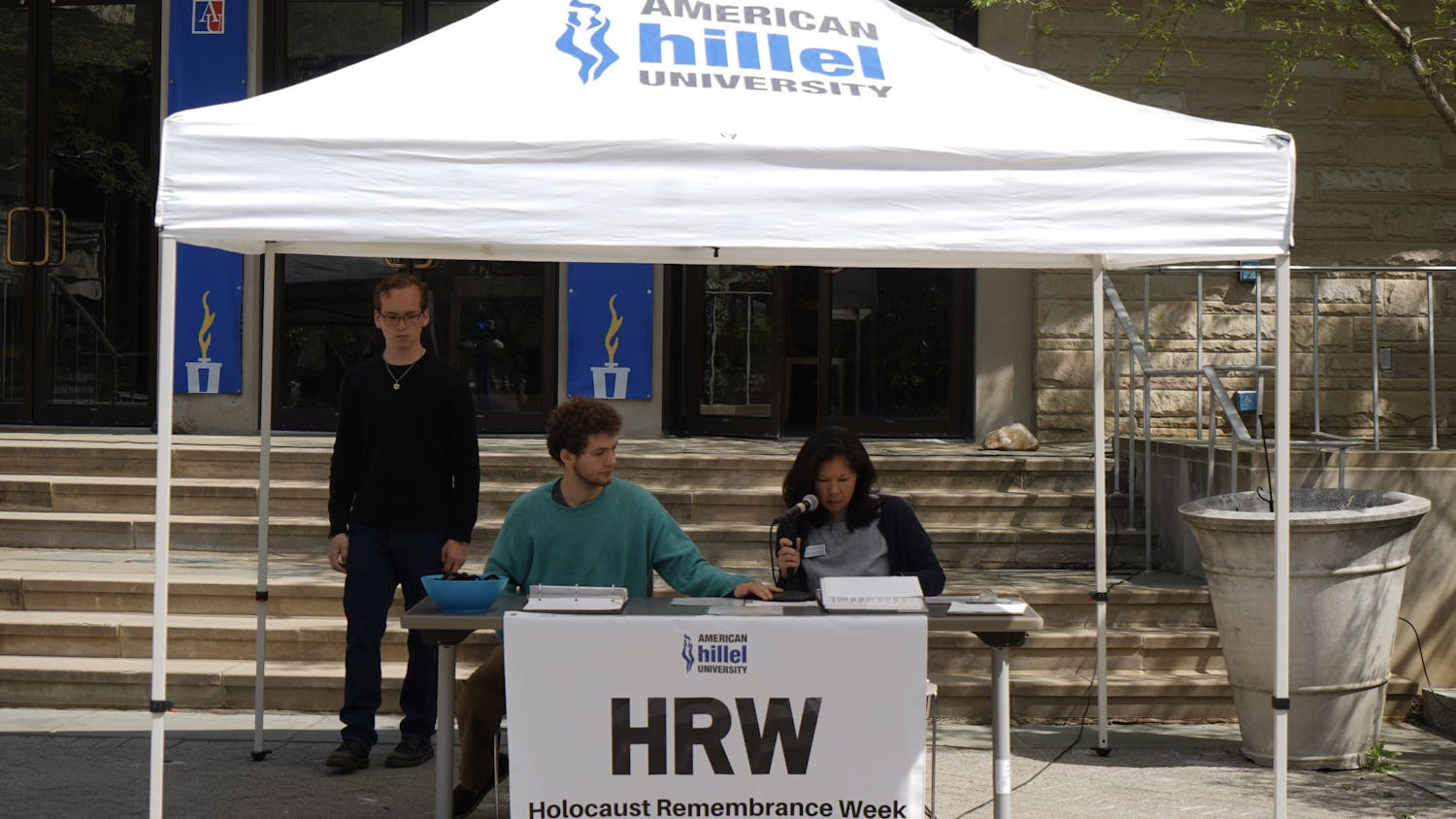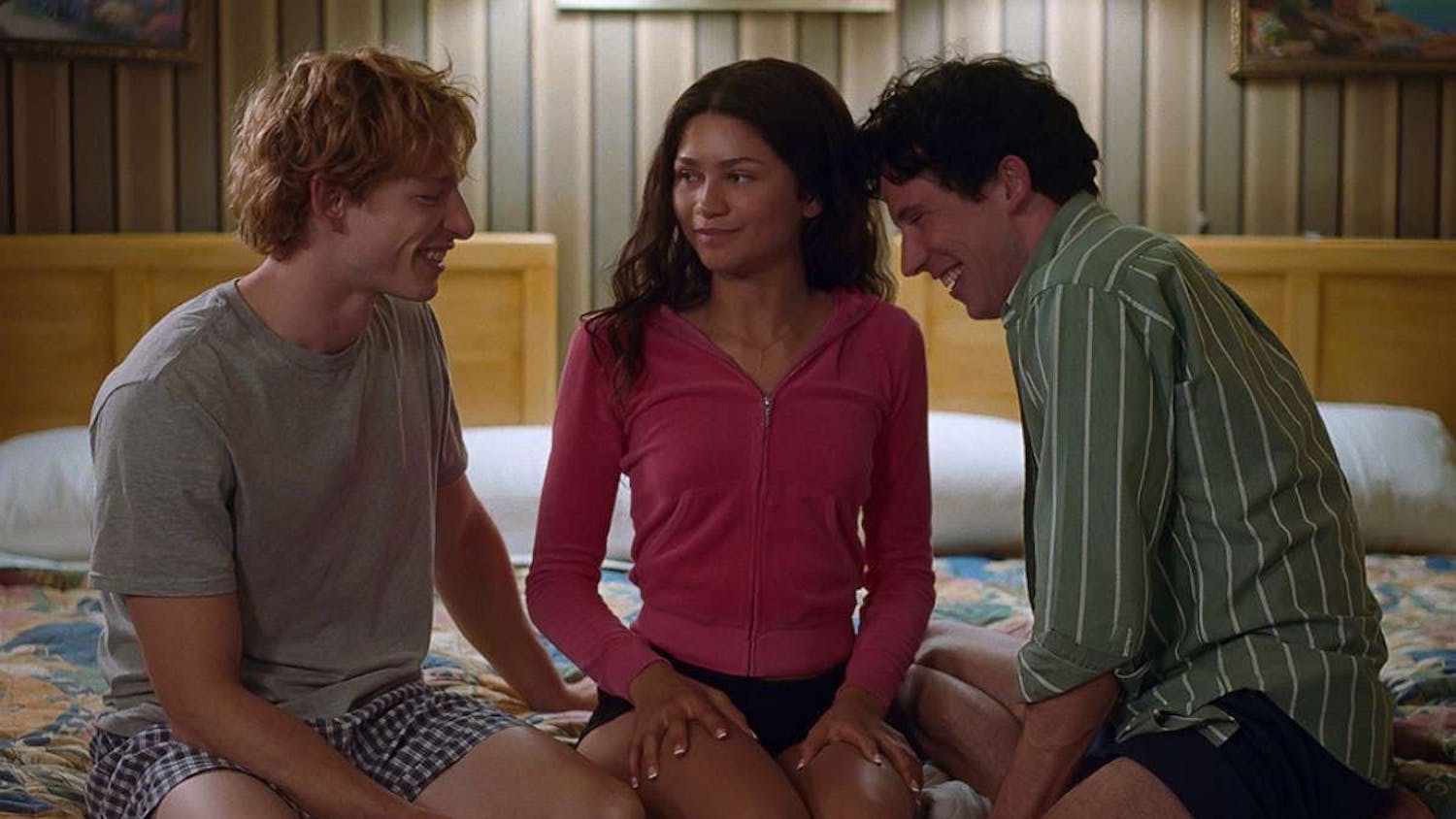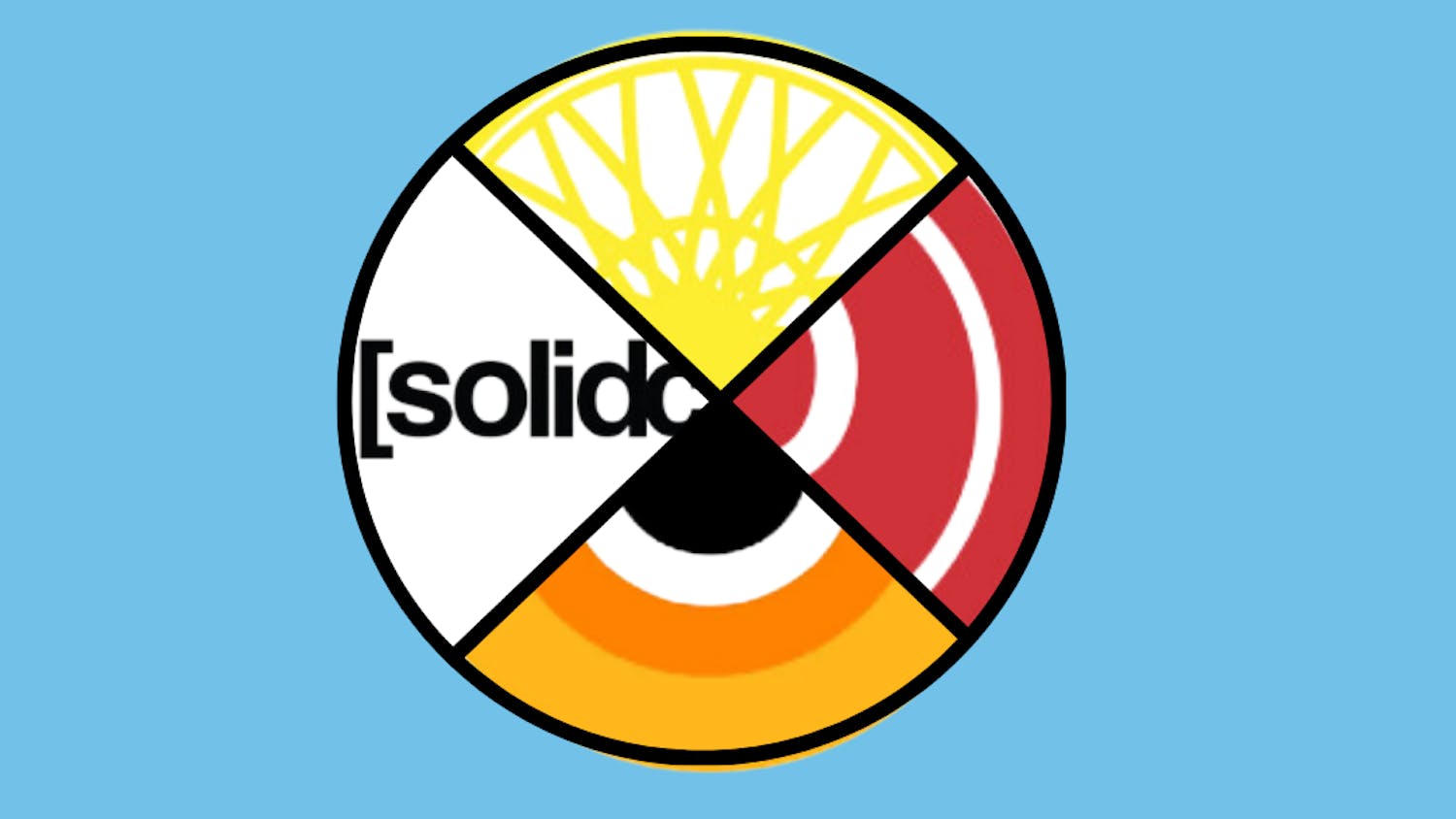For some, finding a true passion can take a lifetime. But for Meena Nutbeam, a junior studying public health, her “aha moment” came during the summer after her junior year of high school.
Nutbeam, who is originally from Milwaukee, Wisconsin, created Stork & Company in the summer of 2014 after seeing an article in the BBC about why Finland’s babies sleep in cardboard boxes.
"I saw that each parent gets a baby box [in Finland], which would be very beneficial for Milwaukee, where we have a lot of infant deaths due to unsafe sleep," Nutbeam said.
Milwaukee, a city of nearly 600,000 people, has a very high infant mortality rate, with 15 infants dying per year as a result of unsafe sleep environments, according to Stork and Company’s website.
“This past year through September, we have already had double the amount of infant deaths,” Nutbeam said. “It is the highest it’s been since 2007.”
Realizing the severity of this issue, Nutbeam created Stork & Company, a nonprofit that delivers free maternity packages -- called “baby boxes” -- to expectant mothers. The goal is to improve the living conditions of babies and to decrease the high infant mortality rate in Milwaukee, she said.
The leading cause behind infant mortality is unsafe sleep environments, Nutbeam said. Some of these environments include car seats, which can hinder a baby’s ability to grow properly, and any environment where babies are exposed to blankets, pillows and soft bedding.
“A lot of the time, health workers will tell parents to put their baby in a dresser drawer instead if they don’t have anything else and a ‘baby box’ is safer than that,” Nutbeam said.
Stork & Company’s “baby boxes,” which are manufactured by The Baby Box Company, provide a safe and comfortable alternative for babies to sleep. Nutbeam said each box comes with the cardboard box itself, a fitted mattress, a sample pack of wipes, diapers and a onesie.
The “baby box” makes safe sleep possible for babies with parents that are transient, couchsurfing, do not have enough room in their homes or simply don’t want their baby to sleep in a different room, Nutbeam said.
“I thought this would be such a great tool because of the portability of it,” Nutbeam said. “A lot of people don’t have other places for their baby to sleep.”
Abby Demler, now Associate Director of Community Outreach at Stork & Company, originally got involved after meeting Nutbeam at a Safe Kids Coalition meeting in southeast Wisconsin.
“Both safe sleep education and a safe sleep space are critical in order to significantly reduce the risk of infant mortality,” Demler told The Eagle by email.
Stork & Company’s baby boxes also provide parents with a sample of other needed infant supplies and knowledge, including access to Baby Box University, an online parenting program with education materials and expert advice from people in the field of maternal care.
On average, Stork & Company distributes about 50 boxes per month. It has expanded recently by partnering with more than a dozen nonprofit organizations and healthcare departments in and around Milwaukee in hopes of teaching people more about “baby boxes.”
Although baby boxes have been used in Finland for nearly 80 years, making this the norm for people in the U.S. has been the most challenging part, Nutbeam said.
“When we brought this idea here [to the U.S.], it wasn’t quite the norm, so a big part of it was just pushing the idea that this is a safe space for your baby to sleep,” Nutbeam said.
Not only was Stork & Company tasked with changing common parenting practices, but the company also faced the challenge of changing how parents are informed about safe sleeping environments. Prior to Stork & Company, nonprofits, health departments and even U.S. hospitals had little awareness of baby boxes, Nutbeam said.
“This is something they haven’t seen either. With the American health care system especially, we aren't very good at adapting ideas from other countries,” Nutbeam said. “Getting providers to see that this is a safe and effective tool was difficult.”
To help make this more of the norm, Stork & Company has developed a training service for their partners to help them learn how to address parents’ questions about safe sleep environments.
“It’s a very uncomfortable topic for people to talk about, especially for health care providers,” Nutbeam said. “How do you tailor [baby boxes] to be something parents are willing to do?”
Although there have been many skeptics, Stork & Company’s distribution of baby boxes has received high praise and approval by its users. One particular use of the boxes stands out to Nutbeam.
“We are partnered with an adoption agency and one of the providers told me that one of the mothers was thinking about adoption, but decided to keep her baby because of the infant care items and the baby box,” Nutbeam said.
Demler is proud of the work Stork & Company does and the common goal that all of its volunteers strive to achieve.
“The most rewarding part of working for Stork and Company is simply being involved in supporting families, both directly and indirectly,” Demler said.
Overall, Stork & Company plans to continue to distribute baby boxes to local organizations and wants to focus more on the educational component of their work.
“Without the education, it’s just a box,” Nutbeam said.





